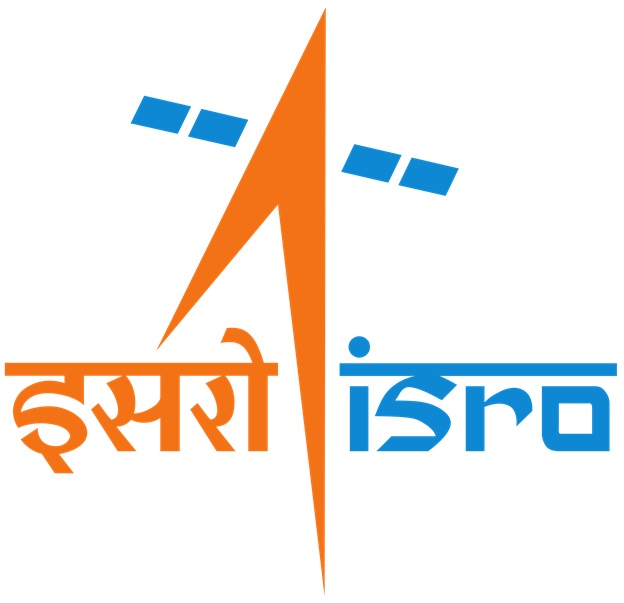Part 1 of 2 Parts
There is a great deal of debate in the private and public space exploration and exploitation arena about exactly how to work towards a space economy. International space treaties say that no one can own real estate on celestial bodies such as the Moon and Mars. Furthermore, anything brought back from space such as moon rocks and asteroid samples must be shared with other space faring nations. Obviously, there can be no space economy unless international law changes.
Dr. AOPJ Abful Kalan is a prominent pioneer of the India space program and was one of the Presidents of India. Over ten years ago, he spoke about the idea of an Earth-Moon-Mars economy. His main idea was that these three astronomical bodies should be seen as a single economic entity. In 2010, the 97th Indian Science Congress was hosted by the Indian Space Research Organization (ISRO). Kalam spoke at the Congress and said, “Scientists should start considering Earth, Moon and Mars as an economic complex for future habitat expansion of human beings.” He had made similar statements before the Congress.
China appears to be interested Kalam’s idea because it is now proposing the establishment of the first Earth-Moon economic zone. Bao Weiman is the director of the Science and Technology Commission of the China Aerospace Seience and Technology Corporation (CASC). He discussed an ambitious proposal for the establishment of an Earth-Moon space economic zone by 2050. There have been estimates that such a zone could grow to ten trillion dollars a year.
China is working on their plan and expects to have outline of the feasibility of creating such a zone by 2030. This will involve basic research and development of some key technologies. China hopes to have the necessary space transportation system established by 2040 so that the Earth-Moon economic zone can be established by 2050. This Chinese plan for such an economic zone was first announce in 2016. Zhang Yulin, who made the proposal, was the deputy commander-in-chief of China’s manned space program. Now, China has produced a timeline for the implementation of this project. The experts obviously believe that such a project can become a reality.
China is still working on the details of their proposal. It is a bold idea. There are three aspects that are especially interesting.
1. This proposal would probably lead to the colonization of the Moon which is an idea supported by many governments, companies and individuals.
2. The development of new technologies that would be required would be a quantum leap in the ability of humanity to explore and exploit space.
3. It would be a huge expansion of the concept of a space economy.
Is it plausible that China could accomplish such a grand scheme? To answer this question, it is necessary to specifically consider China’s current capabilities for the exploration of space. In general, China’s experience and ability to plan and carry out such massive project would need to be reviewed. Beyond that, Chinese industrial capacity in general and space program infrastructure needs to examined. Political and economic support would obviously be critical. Generations of political leaders would have to support this project for decades.
Please read Part 2
